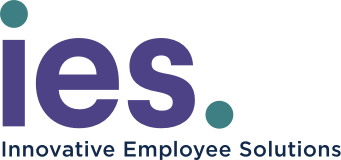Outsourcing payroll and related tax duties to third-party payrolling services provides businesses with smaller staffs to handle their administrative responsibilities, but they must know their tax responsibilities as the employer as well.
Payroll services can report, collect and deposit employment taxes on behalf of the businesses that hire them, but the main employer will be the entity held responsible for the payment of federal tax liabilities, notes the Internal Revenue Service. Thus, the employer should ensure that the third party handles the tax duties properly.
If payrolling providers use the Electronic Federal Tax Payment System, which requires no extra charge, employers can easily confirm through an online portal that the necessary payments have been made. In fact, the U.S. Treasury mandates that businesses report payroll taxes electronically when they exceed $200,000 in a calendar year.
Outsourcing human resource functions such as payroll management can greatly boost operational efficiency for small businesses, but they should be aware of their responsibilities to the government in order to ensure compliance with federal regulations. Many small businesses do not need to have a human resources employee on staff, and can reduce expenses by hiring a third-party provider to take over HR responsibilities, notes Inc. magazine.






